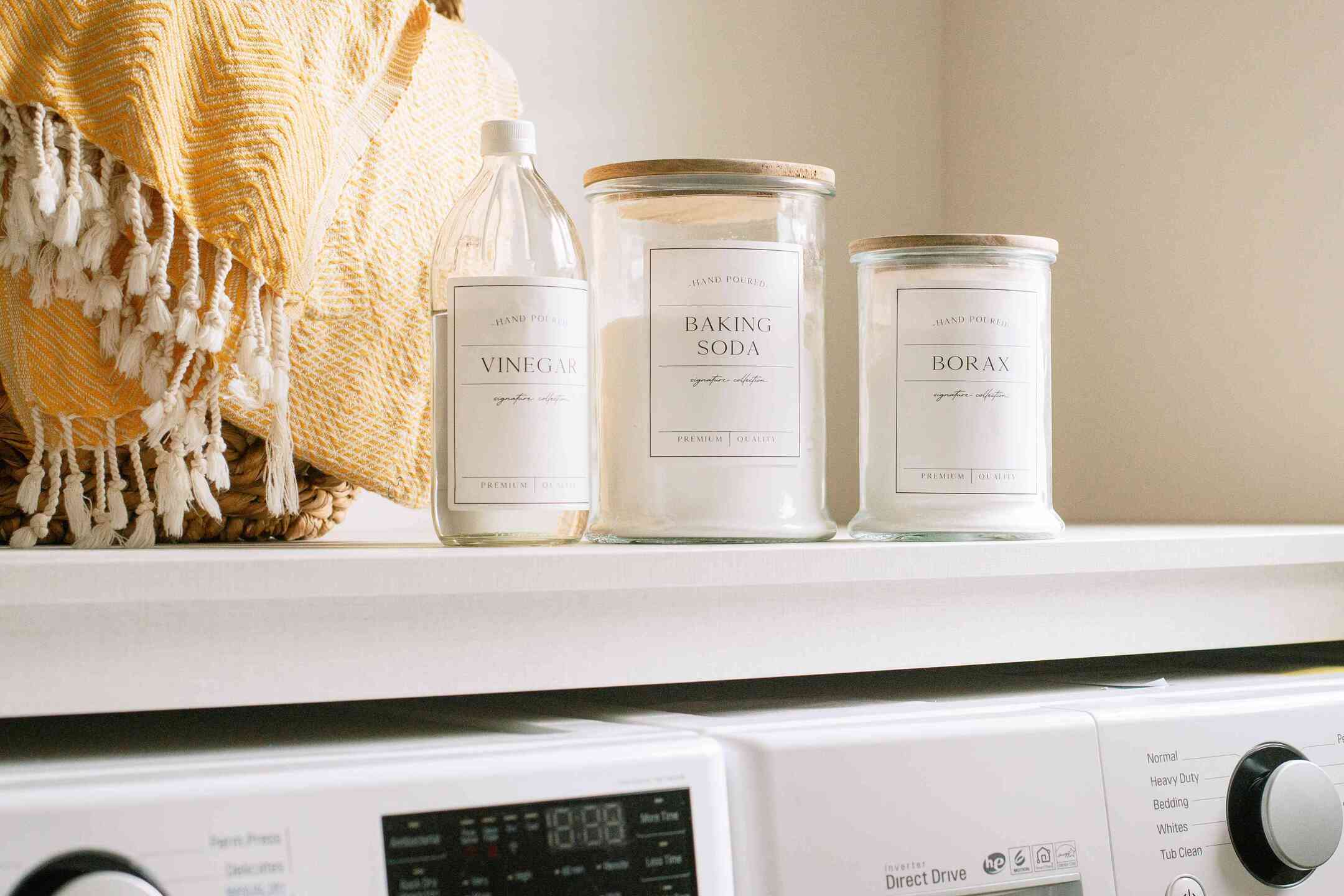

Articles
How To Store Borax
Modified: November 2, 2024
Learn how to properly store borax in this informative article. Find out the best storage methods and tips for maintaining its quality.
(Many of the links in this article redirect to a specific reviewed product. Your purchase of these products through affiliate links helps to generate commission for Storables.com, at no extra cost. Learn more)
Introduction
Welcome to the world of borax! Whether you’re a DIY enthusiast, a cleaning aficionado, or a science lover, borax is a versatile and useful substance that can be found in many households. However, to ensure its longevity and efficacy, proper storage is crucial.
In this article, we will explore the importance of storing borax correctly, the factors to consider before storing it, suitable storage containers and locations, safety tips, and potential hazards to be aware of. By understanding the best practices for storing borax, you can maximize its shelf life and maintain its effectiveness for various applications.
So, let’s dive in and discover how to store borax properly!
Key Takeaways:
- Proper storage of borax is essential to maintain its effectiveness and safety. Choose airtight containers, store in cool, dry areas, and follow safety precautions to maximize its shelf life.
- Label and identify borax containers clearly, follow usage instructions, and regularly inspect for quality. By doing so, you can ensure safe and effective use for cleaning and pest control.
Read more: How To Use Borax To Clean A Washing Machine
What is Borax?
Borax, scientifically known as sodium borate, is a naturally occurring mineral made up of boron, oxygen, sodium, and water. It has been used for centuries for various purposes, including cleaning, laundry, fertilizer, and as a component in many industrial applications.
As a cleaning agent, borax possesses excellent properties that make it highly effective. It acts as a water softener, stain remover, deodorizer, and disinfectant. Its alkaline nature helps to break down grease and grime, making it a popular choice for cleaning tasks around the house.
In addition to its cleaning capabilities, borax is often used as a natural pesticide. It can eliminate pests by damaging their exoskeletons or disrupting their digestive systems. This makes it a preferred choice for controlling common household pests like ants, roaches, and fleas.
Moreover, borax has various industrial uses. It is used in the production of fiberglass, ceramics, glass, and even as a fire retardant. The unique properties of borax make it an essential ingredient in many manufacturing processes.
When handling borax, it is important to note that it can be harmful if ingested or inhaled in large quantities. While it is generally safe to use in small amounts for cleaning purposes, precautions should always be taken to ensure the safety of yourself and others alike.
Now that we understand what borax is and its diverse range of applications, let’s delve into why proper storage of this versatile mineral is essential for maintaining its quality and effectiveness.
Why is Proper Storage Important?
Proper storage of borax is vital to maintain its quality and effectiveness over time. Here are a few reasons why you should prioritize proper storage:
- Preservation of Borax’s Properties: Borax has specific chemical properties that make it effective for various applications. However, exposure to moisture and air can alter the composition of borax, reducing its cleaning and pest control capabilities. Proper storage helps to prevent degradation and ensure that borax retains its desired properties.
- Extended Shelf Life: Like many household chemicals, borax has a limited shelf life. However, when stored correctly, borax can maintain its potency for a longer period. By preventing exposure to moisture, extreme temperatures, and sunlight, you can extend the shelf life of your borax and avoid wasting expired or ineffective product.
- Prevention of Contamination: Storing borax properly helps to prevent contamination and cross-contamination. Borax can absorb moisture from the air, leading to clumping and potential spoilage. When stored in airtight containers, you can minimize the risk of moisture absorption, contamination from other chemicals, or accidental spills.
- Safety Considerations: Borax, although generally safe for household use, can pose a risk if ingested, inhaled, or in contact with eyes or skin in excess amounts. Proper storage ensures that borax is kept out of reach of children and pets, reducing the likelihood of accidental ingestion or exposure. Additionally, storing borax away from food products is crucial to avoid any potential contamination or confusion.
- Cost Savings: Proper storage of borax can save you money in the long run. By maintaining its potency and preventing spoilage, you can avoid the need to repurchase borax frequently. This not only reduces unnecessary expenses but also minimizes waste and promotes sustainable living.
By understanding the importance of proper storage, you can maximize the benefits of using borax for various cleaning, pest control, and industrial applications. In the next sections, we will delve into the factors to consider before storing borax and explore the suitable storage containers and locations that will help preserve its quality and effectiveness.
Factors to Consider Before Storing Borax
Before you begin the process of storing borax, there are several important factors to consider to ensure the safety and effectiveness of the product. These factors include:
- Container Selection: Choosing the right container to store borax is crucial. Look for containers that are airtight and made of durable materials such as glass, plastic, or metal. Ensure that the container has a tight-fitting lid to prevent moisture, air, and external contaminants from entering.
- Container Size: Consider the amount of borax you need to store and select a container size accordingly. It’s best to use smaller containers rather than large ones, as this reduces the chance of exposure to air and moisture when accessing the product.
- Safety Precautions: Whenever handling borax, it is important to prioritize safety. Use gloves and protective eyewear to protect yourself from any potential skin or eye irritation. Additionally, always store borax out of reach of children and pets to prevent accidental ingestion or exposure.
- Storage Environment: The storage environment plays a significant role in maintaining the quality of borax. Aim for a cool, dry location away from direct sunlight and extreme temperature fluctuations. Exposure to heat and light can cause the borax to degrade and lose its efficacy.
- Separation from Food: Keep borax containers separate from food products to avoid any risk of confusion or accidental ingestion. While borax is generally safe when used appropriately for cleaning and pest control, it should not be mistaken for edible substances.
- Labeling: Properly label all borax containers with clear and visible markings. Include the name of the product, any cautionary statements, and the date of purchase or expiration. This will help you easily identify the contents and ensure proper usage.
- Regular Inspections: Periodically inspect your borax containers for any signs of damage, leaks, or moisture ingress. Replace any damaged or compromised containers to maintain the quality and safety of the stored borax.
By considering these factors, you can ensure that your borax remains potent, safe, and effective for all your cleaning, pest control, and industrial needs. In the next sections, we will discuss the suitable storage containers for borax and explore the best storage locations to preserve its quality.
Proper Storage Containers for Borax
Choosing the right storage containers for borax is crucial in maintaining its quality and effectiveness over time. Here are a few suitable options to consider:
- Glass Jars or Bottles: Glass containers are an excellent choice for storing borax. They are non-reactive and do not absorb odors or chemicals. Look for jars or bottles with airtight lids to prevent moisture and air exposure.
- Plastic Containers: If using plastic containers, make sure they are food-grade and specifically designed for storing chemicals. Look for containers that are sturdy and have tight-fitting lids to keep moisture out.
- Metal Tins or Cans: Metal containers like tins or cans can also be suitable for storing borax. Ensure that the metal is non-reactive and free from any corrosion or rust. As with other containers, a tight-fitting lid is essential to maintain the quality of the stored borax.
- Resealable Bags: For smaller quantities of borax, resealable plastic bags can be a convenient and space-saving option. Look for thick and durable bags that provide a secure seal to prevent moisture and air from entering.
Regardless of the type of container you choose, remember to label it clearly with the name of the product and any cautionary statements. This will help you identify the contents easily and ensure proper usage.
When selecting storage containers, consider the amount of borax you need to store. It’s often beneficial to use smaller containers to minimize the contact between the borax and air, reducing the chances of moisture absorption and spoilage.
In the following section, we will discuss the suitable storage locations for borax to create an optimal environment for maintaining its quality and effectiveness.
Read more: How To Make Liquid Glass Without Borax
Suitable Storage Locations for Borax
Choosing the right storage location for your borax is essential to maintaining its quality and effectiveness. Here are a few suitable storage locations to consider:
- Cool and Dry Areas: Borax should be stored in a cool and dry area to prevent moisture absorption and condensation. Avoid areas with high humidity, such as bathrooms or laundry rooms. Instead, opt for storage spaces like basements, pantries, or closets where the temperature remains relatively stable.
- Away from Direct Sunlight: Exposure to direct sunlight can degrade the quality of the stored borax. Therefore, choose a storage location away from windows or areas where sunlight can reach the containers. Dark and shaded areas are ideal for preserving the integrity of the product.
- Avoid Extreme Temperatures: Extreme temperatures can also impact the effectiveness of borax. Avoid storing borax in areas that experience significant fluctuations in temperature, such as near heaters or vents. Opt for locations with moderate temperatures to ensure the stability of the product.
- High Shelves or Cabinets: Storing borax on high shelves or inside cabinets can prevent accidental spills, keep it out of reach of children and pets, and provide additional protection from light exposure. Ensure the shelves or cabinets are sturdy enough to support the weight of the containers.
- Separate from Food Products: It is crucial to store borax away from food products to avoid any confusion or accidental ingestion. Keep it in a separate area or on a different shelf to maintain proper hygiene and safety.
- Avoid Chemical Storage Areas: While borax is generally safe to use, it is best to avoid storing it near other chemicals or cleaning products. This helps minimize the risk of accidental mixing or contamination.
When considering a storage location, ensure that it is easily accessible for whenever you need to use the borax. This will enable you to retrieve the product conveniently and prevent unnecessary exposure to air or moisture.
By storing your borax in a suitable location, you can extend its shelf life, maintain its potency, and ensure optimal performance for all your cleaning, pest control, and industrial needs. In the next section, we will provide some tips for storing borax safely and securely.
Store borax in a cool, dry place away from moisture and direct sunlight. Keep it in its original container with a tightly sealed lid to prevent clumping and maintain its effectiveness.
Tips for Storing Borax Safely
Storing borax safely is crucial to ensure the well-being of your household and maintain the integrity of the product. Here are some essential tips to keep in mind:
- Use Proper Protective Gear: When handling borax, especially in powdered form, it is vital to wear protective gear such as gloves and goggles to avoid skin or eye irritation. This precautionary measure will help minimize the risk of any adverse reactions.
- Store in Childproof Containers: Borax should always be stored in containers that are childproof and pet-proof to prevent accidental ingestion or exposure. Look for containers with lids that are difficult for young children to open or consider using lockable storage solutions.
- Keep Out of Reach: Store borax in a location that is out of reach of children and pets. Place it in high cabinets, shelves, or areas that are not easily accessible to ensure their safety.
- Prevent Spills and Leaks: Ensure that the storage containers are tightly sealed to prevent any spills or leaks. This will avoid unnecessary waste and maintain cleanliness in your storage area.
- Follow Proper Handling Instructions: Read and follow the manufacturer’s instructions for handling and storing borax. This information will provide specific guidance on proper storage techniques and precautions for your specific brand of borax.
- Clean Up Spills Immediately: In the event of a spill, clean it up immediately using proper cleaning techniques. Use appropriate cleaning agents and materials to contain and dispose of any spilled borax safely.
- Regularly Inspect Containers: Periodically inspect the storage containers for any signs of damage or deterioration. Replace damaged containers promptly to ensure the safety and effectiveness of your stored borax.
- Keep Separate from Food: Store borax away from any food items to prevent confusion and accidental ingestion. Dedicate a separate area or shelf specifically for borax storage to maintain proper hygiene and safety practices.
By following these safety tips, you can store your borax securely and prevent any potential risks or accidents. Proper storage and handling will ensure the longevity and effectiveness of the product for all your cleaning, pest control, and industrial needs.
In the next section, we will explore the potential hazards associated with borax and discuss the necessary precautions to take when using and storing it.
Potential Hazards and Precautions
While borax is generally safe to use, it is important to be aware of potential hazards and take necessary precautions when handling and storing it. Here are some important considerations:
- Avoid Ingestion: Borax should not be ingested in large quantities. While small amounts are typically safe for cleaning or pest control purposes, ingestion can cause gastrointestinal discomfort. Keep borax out of reach of children and pets to prevent accidental ingestion.
- Maintain Proper Ventilation: When using borax for cleaning or other purposes, ensure good ventilation in the area. Open windows or use fans to circulate air and minimize inhalation of borax particles, especially when handling it in powdered form.
- Protect Your Skin and Eyes: When handling borax, wear protective gloves and goggles to prevent skin irritation or eye contact. If contact occurs, rinse thoroughly with water and seek medical attention if irritation persists.
- Follow Usage Instructions: Read and follow the manufacturer’s instructions for the safe use of borax. This includes recommended dilution ratios, application techniques, and any specific precautions mentioned on the product packaging.
- Store Away from Flame or Heat Sources: Borax is not flammable, but it can release irritating fumes when exposed to high temperatures. Store it away from open flames, heat sources, or hot surfaces to prevent the risk of combustion or respiratory irritation.
- Dispose of Properly: When disposing of borax or empty containers, follow local waste management guidelines. Do not pour it down the drain or dispose of it in regular trash bins. Consult with your local waste disposal facilities for proper disposal instructions.
- Keep Containers Labelled: Ensure that all borax containers are properly labeled. Clearly mark them as “Borax” and include any cautionary statements to avoid confusion and accidental misuse.
- Contact Poison Control if Ingested: In case of accidental ingestion of borax, contact your local poison control center or seek immediate medical attention. Provide them with the product information and follow their instructions for prompt and appropriate medical care.
By being aware of these hazards and taking necessary precautions, you can safely handle and store borax for all your cleaning, pest control, and industrial needs.
In the next section, we will discuss the importance of proper labeling and identification of borax containers to ensure safety and avoid any confusion.
Proper Labeling and Identification of Borax Containers
Properly labeling and identifying borax containers is essential for maintaining safety, ensuring proper usage, and avoiding any potential confusion. Here are some key considerations for labeling and identifying borax containers:
- Name of the Product: Clearly label the container with the name “Borax” to easily identify its contents. This will prevent any confusion and ensure that the product is handled appropriately.
- Cautionary Statements: If the borax product comes with specific cautionary statements, such as potential hazards or safety precautions, make sure to include them on the label. This information will help users understand any risks associated with the product and take the necessary precautions.
- Date of Purchase or Expiration: Note the date of purchase or expiration on the container label. This information will help you keep track of the age of the product and its shelf life, ensuring that you use the borax within the recommended timeframe.
- Usage Instructions: If there are any specific usage instructions provided by the manufacturer, include them on the container label. This will serve as a reminder of the proper application or dilution ratios for different cleaning or pest control tasks.
- Storage Instructions: Mention any specific storage instructions on the label. This can include guidelines on ideal storage conditions such as temperature, humidity, and light exposure. Following these instructions will help maintain the quality and effectiveness of the borax for an extended period.
- Clear and Visible Markings: Ensure that the label is clear, easy to read, and prominently displayed on the container. This will minimize the chances of misidentification and ensure that the borax is used correctly.
By properly labeling and identifying borax containers, you create a safe environment and avoid any potential risks or misunderstandings. This step is essential, especially if you store multiple household chemicals, to prevent accidental misuse.
In the final section, we will discuss the storage shelf life of borax and important considerations regarding its longevity.
Read more: How To Store Store-Bought Bread
Storage Shelf Life of Borax
The storage shelf life of borax can vary depending on factors such as storage conditions and the packaging of the product. Generally, when stored properly, borax can maintain its quality and effectiveness for an extended period.
In most cases, an unopened container of borax can last for several years. However, it is important to check the expiration date provided by the manufacturer. This date indicates the time frame within which the product is expected to retain its optimal performance.
Once opened, the shelf life of borax may be shorter due to factors like exposure to air, moisture, or contamination. To prolong the shelf life of opened borax, it is crucial to store it in a sealed container in a cool and dry location, away from direct sunlight and extreme temperatures.
Regularly inspect the borax for any signs of clumping or moisture ingress. If you notice any changes in texture, color, or odor, it may indicate that the borax has degraded and is no longer effective. In such cases, it is best to replace the product to maintain its cleaning and pest control capabilities.
It’s worth noting that over time, borax may lose some of its potency, especially when exposed to moisture. As a result, it may take a higher concentration or longer contact time to achieve the desired cleaning or pest control results. If you’re unsure about the effectiveness of older borax, conducting a small test patch before use is a good practice.
Overall, by storing borax properly and using it within its recommended shelf life, you can ensure its effectiveness and maximize its cleaning and pest control capabilities.
With all the information covered in this article, you now have a comprehensive understanding of the importance of storing borax correctly, the suitable containers and storage locations, safety precautions, and the shelf life of the product.
Remember to always read and follow the manufacturer’s instructions and take necessary safety measures to protect yourself and others when using and storing borax. By doing so, you can safely and effectively utilize borax for all your cleaning, pest control, and industrial needs.
Happy storing!
Conclusion
Proper storage of borax is crucial for maintaining its effectiveness and ensuring the safety of your household. By following the guidelines provided in this article, you can store borax in a way that preserves its cleaning and pest control capabilities, maximizes its shelf life, and minimizes any potential risks.
Remember to choose suitable storage containers such as glass jars, plastic containers, or metal tins that are airtight and kept away from direct sunlight. Consider factors like storage location, temperature, humidity, and separation from food products to create an optimal storage environment for borax.
Adhering to safety precautions, such as using proper protective gear, keeping borax out of reach of children and pets, and disposing of it responsibly, is essential to ensure the well-being of your household and the environment.
Properly labeling and identifying borax containers will help you easily identify and use the product correctly. By checking the expiration date and inspecting the borax regularly, you can ensure that it remains potent and effective for your cleaning, pest control, and industrial needs.
Always remember to read and follow the manufacturer’s instructions for handling, usage, and storage of borax. Each brand may have specific recommendations that will help you achieve the best results while maintaining safety.
By implementing these storage practices, you can make the most out of the versatile uses of borax and enjoy a clean, pest-free environment throughout your home.
Now that you have a comprehensive understanding of how to store borax properly, it’s time to put this knowledge into practice. So, go ahead, store your borax safely, and enjoy the benefits of this powerful cleaning and pest control agent!
Now that you've mastered storing borax, why not tackle another common household nuisance? If you've ever noticed small moths fluttering around your pantry, our next article offers expert advice on dealing with these pests effectively. Discover proactive steps and reliable pest control methods to ensure your pantry remains moth-free. This guide isn't just about eradicating the current problem but also preventing future infestations.
Frequently Asked Questions about How To Store Borax
Was this page helpful?
At Storables.com, we guarantee accurate and reliable information. Our content, validated by Expert Board Contributors, is crafted following stringent Editorial Policies. We're committed to providing you with well-researched, expert-backed insights for all your informational needs.

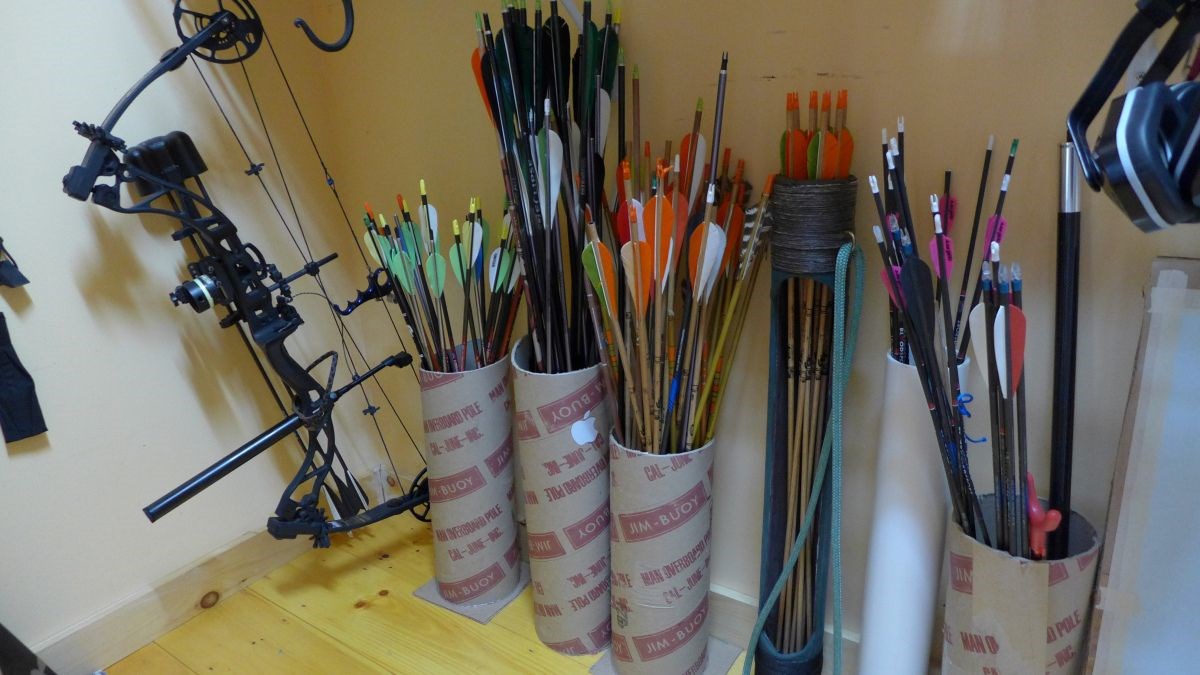
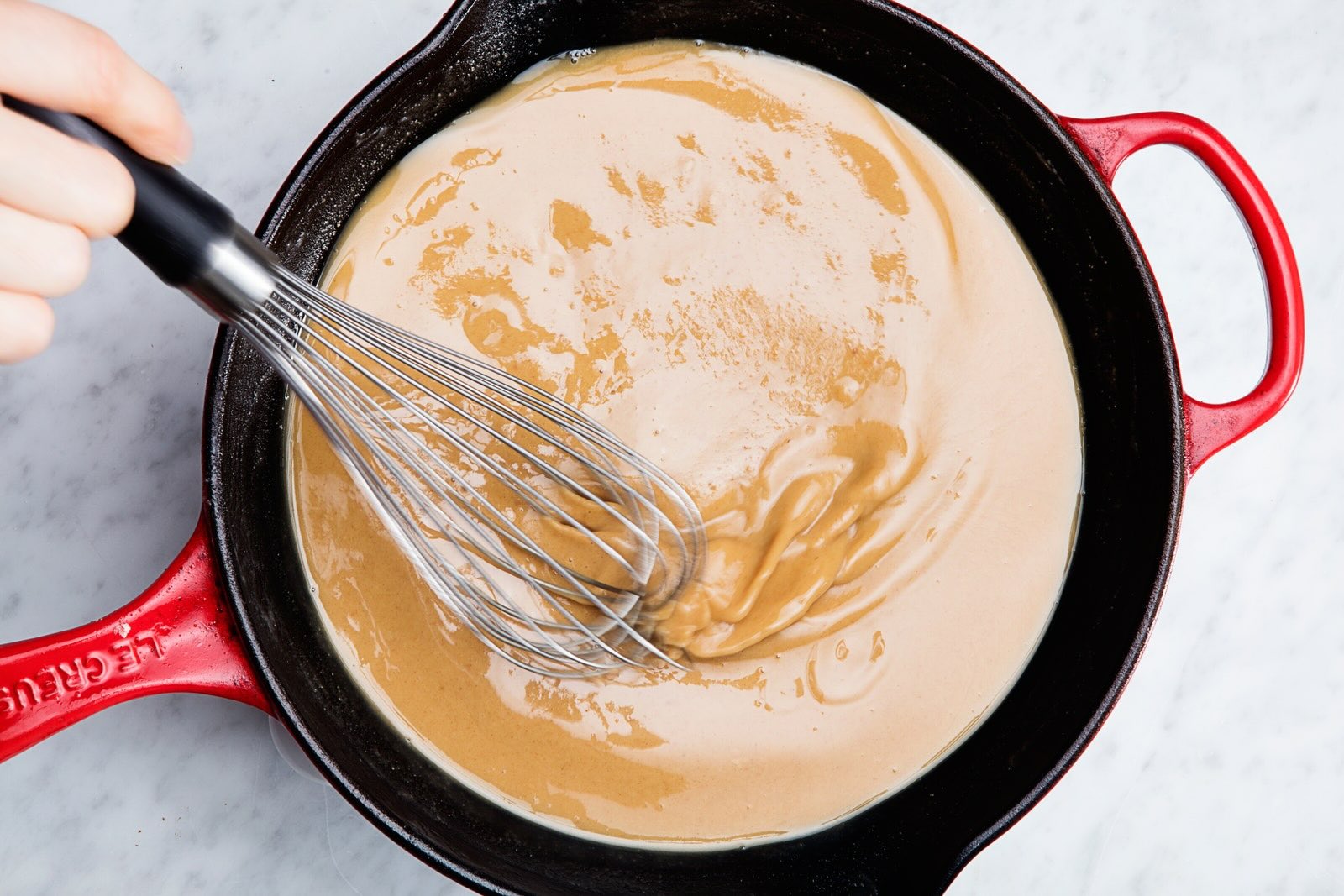
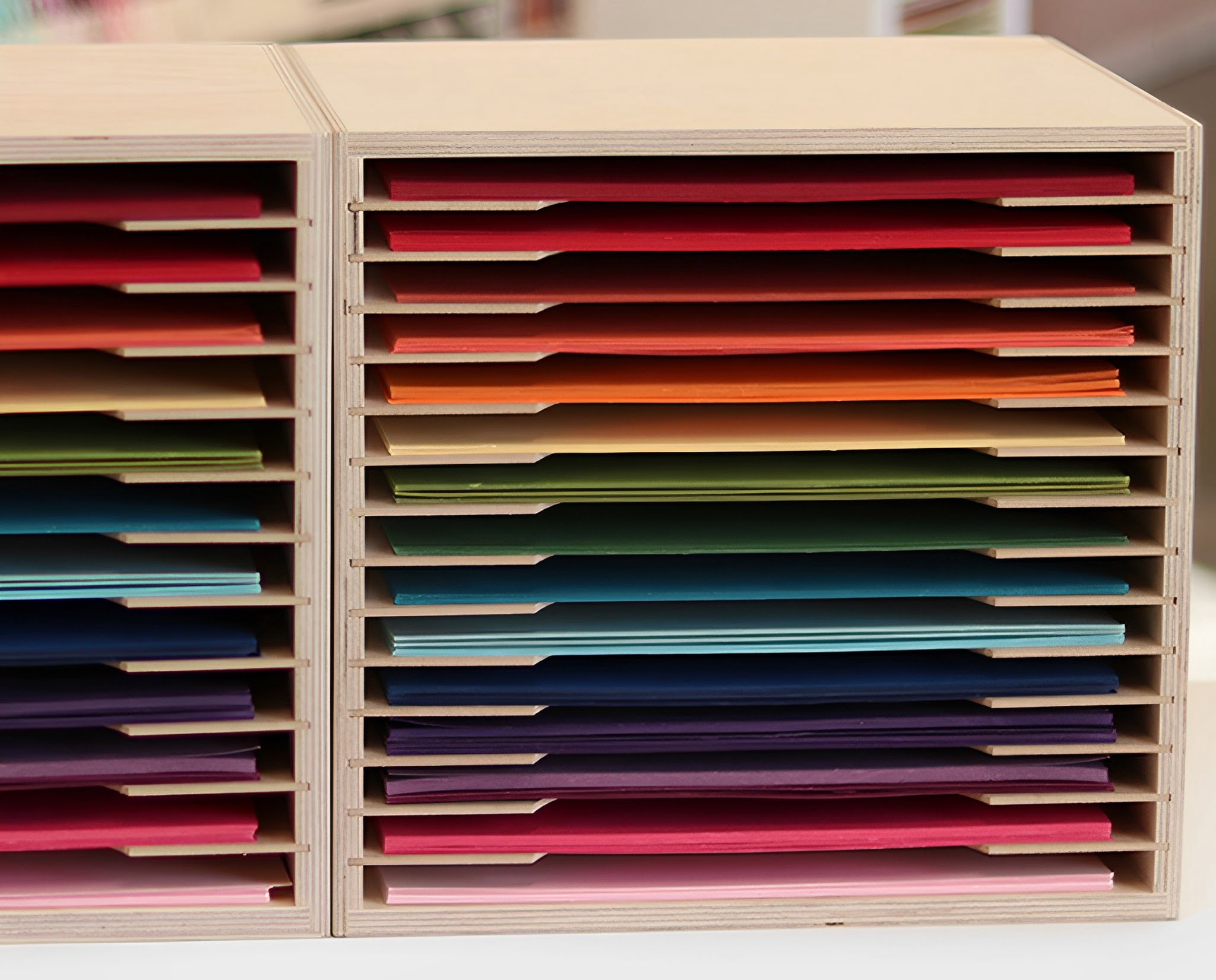





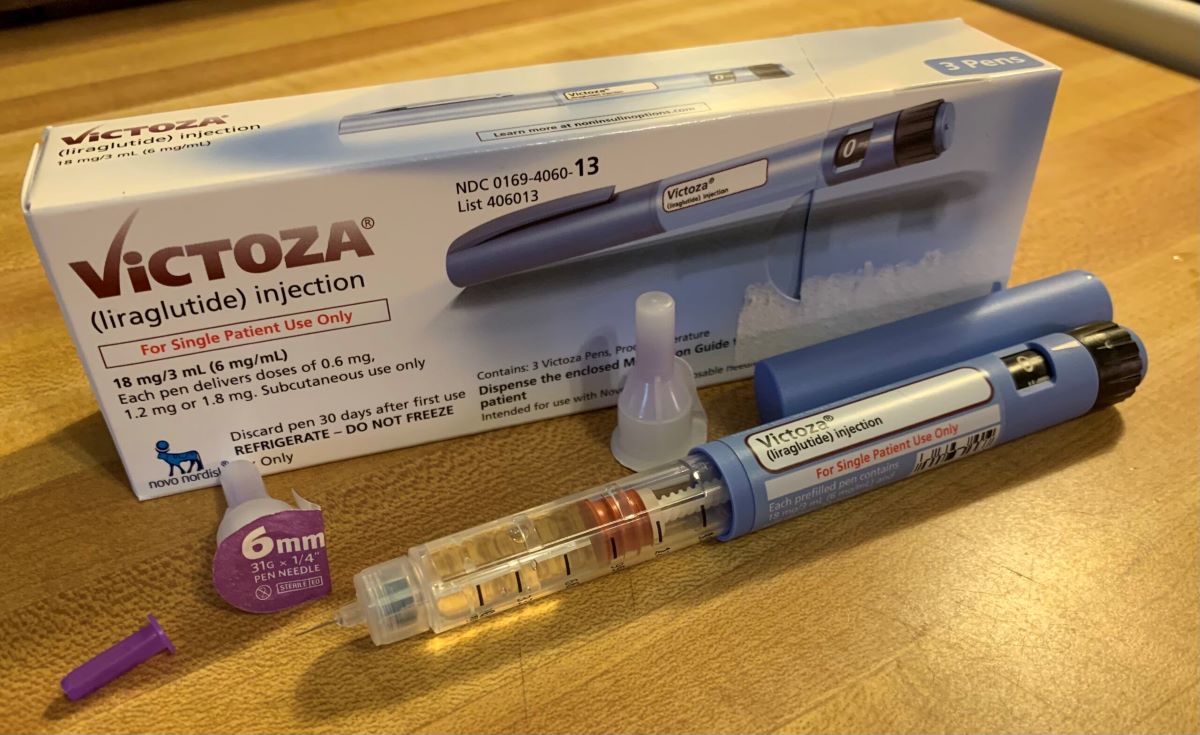
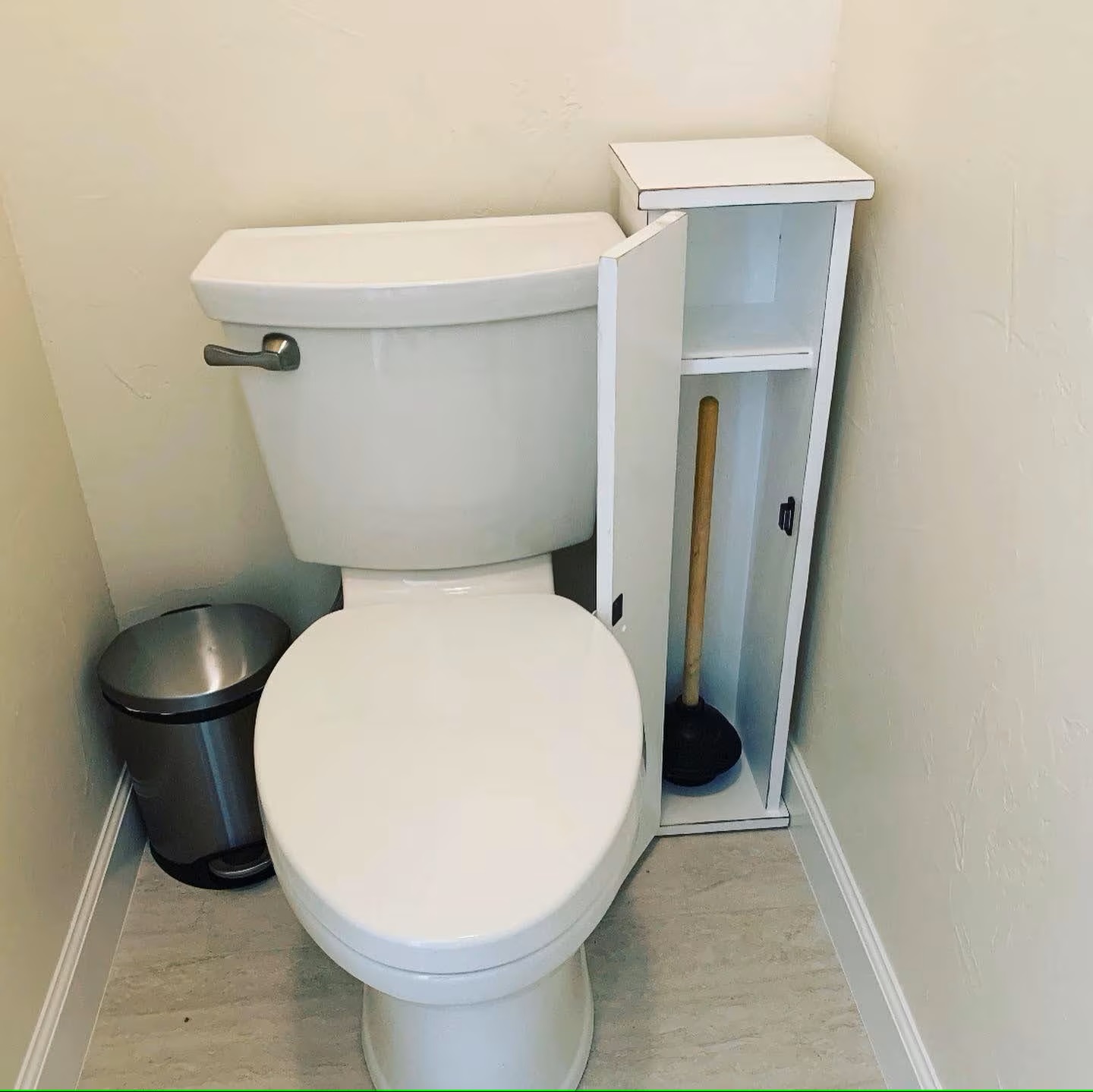
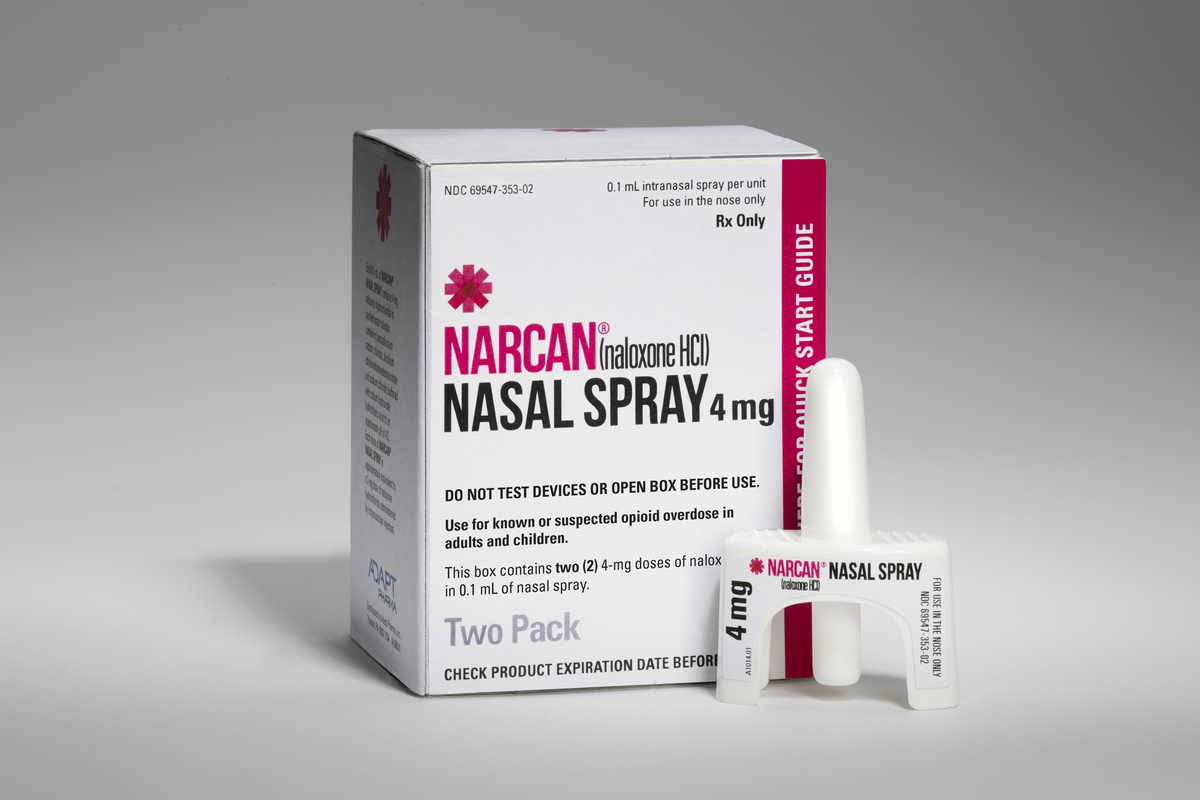


0 thoughts on “How To Store Borax”